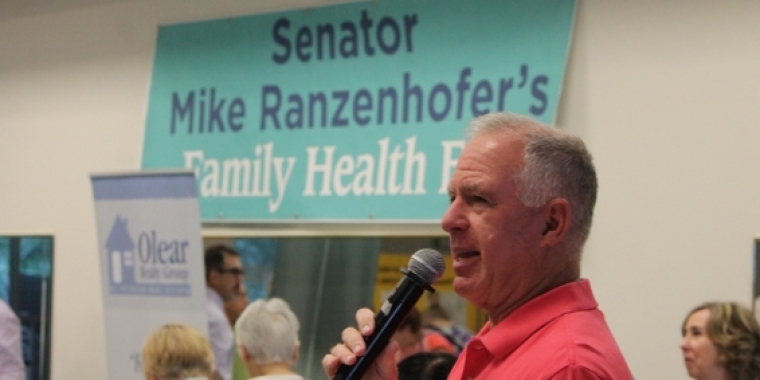
Bill to Spur Investment in Abandoned, Vacant Residential Properties Signed Into Law
October 27, 2015
-
ISSUE:
- Community Development
State Senator Michael H. Ranzenhofer has announced today that Governor Andrew M. Cuomo has signed into law a bill (S.5196A/A.7570A) that would allow the City of Batavia to provide tax relief for residents willing to redevelop abandoned properties into owner-occupied single-family residences.
The new program would create a real incentive for residents to redevelop distressed properties since the high level of investment often required outpaces the value of the redeveloped home, keeping these types of properties vacant for many years.
Senator Mike Ranzenhofer sponsored the bill in the New York State Senate.
“I am so pleased that the Governor has signed this bill into law. For prospective home buyers, it will provide a real incentive to make costly repairs to a distressed home. For neighbors, it will make their street a better place to live and prevent their home values from being depressed. For all taxpayers, it will help to dilute the burden of property taxes by adding more properties with higher valuations to the tax rolls,” said Ranzenhofer.
The City of Batavia requested the legislation. The program, if successful, could be implemented in other cities statewide.
Under the proposed program, taxing jurisdictions would still receive property taxes on the pre-redevelopment value of the vacant home, while the increased assessment post-redevelopment could be exempt for up to 25 years depending on the level of investment with the last eight years of the exemption de-escalating by 12.5 percent per year until it reaches zero percent in the final year.
Rental or income properties would not qualify for the exemption.
Dealing with distressed properties can be an expensive, time-consuming task for local officials. According to the City of Batavia, the estimated annual impact of vacant properties includes:
• $25,000 in delinquent property taxes;
• $20,000 in lost water and sewer revenues;
• $11,300 in unpaid fees and fines per property; and
• $10,000 in staff time.
###
related legislation
Share this Article or Press Release
Newsroom
Go to NewsroomTom Schreck
November 11, 2020

Better Business Bureau's Scam Presentation
October 19, 2020

Senator Ranzenhofer's Health Fair Newsletter
September 29, 2020

